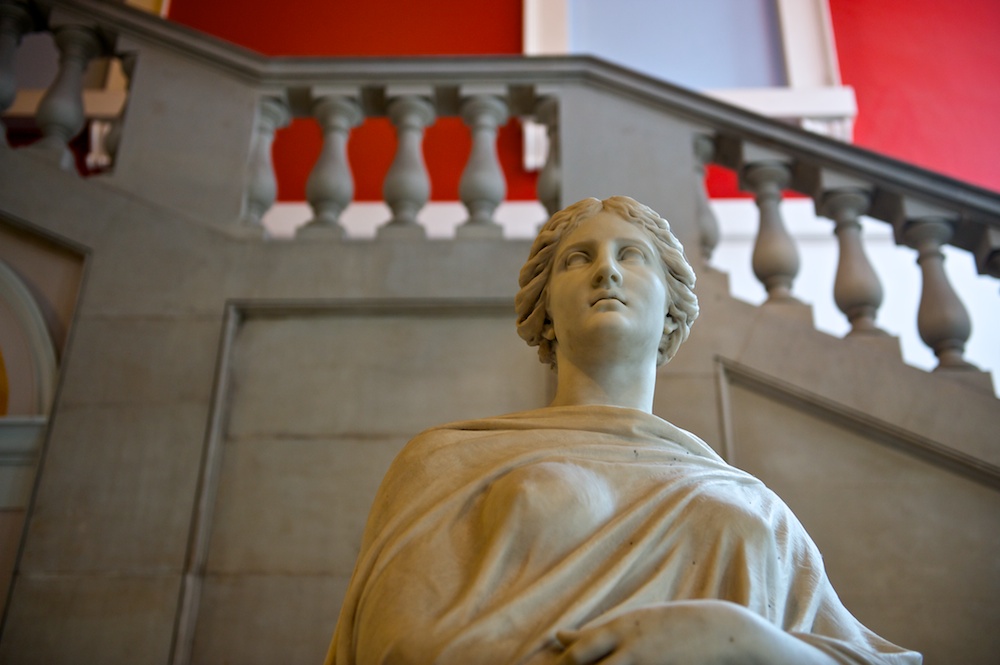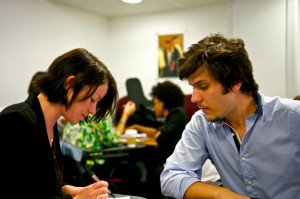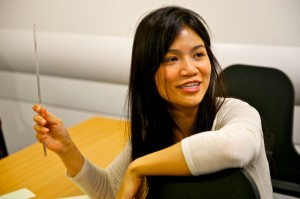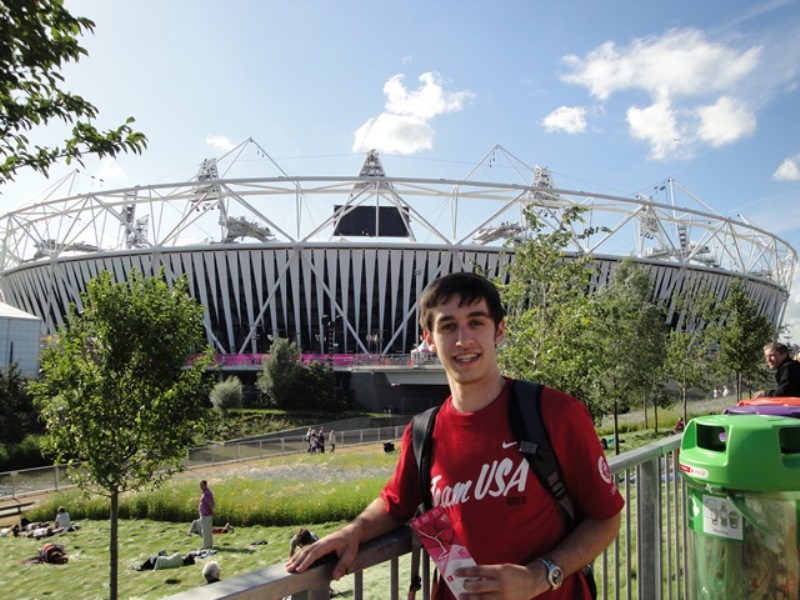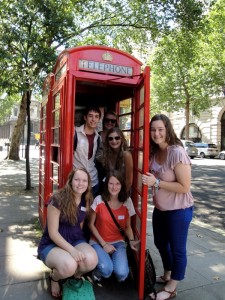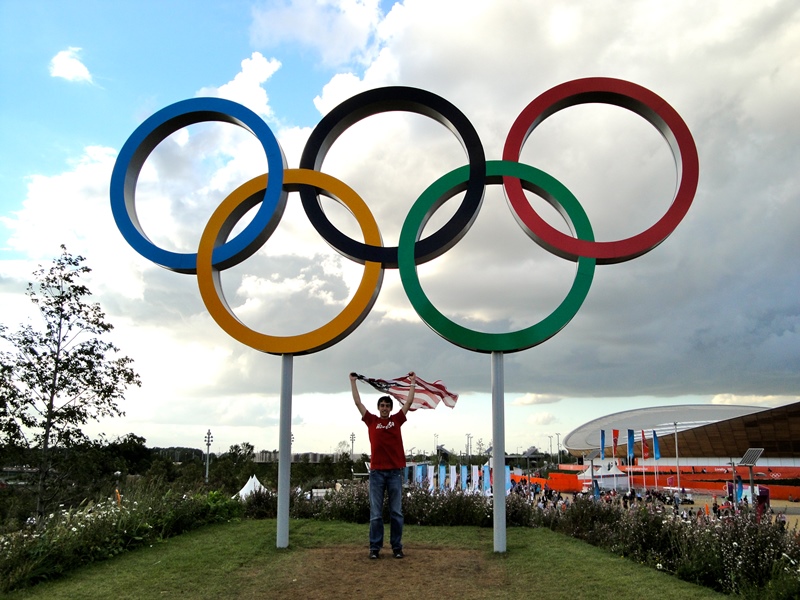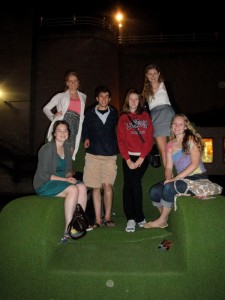“Harry had never been to London before.
Although Hagrid seemed to know where he was going,
he was obviously not used to getting there in the ordinary way.
He got stuck in the ticket barrier on the Underground
and complained loudly that the seats were too small
and the trains too slow.”
– Harry Potter and the Philosopher’s Stone
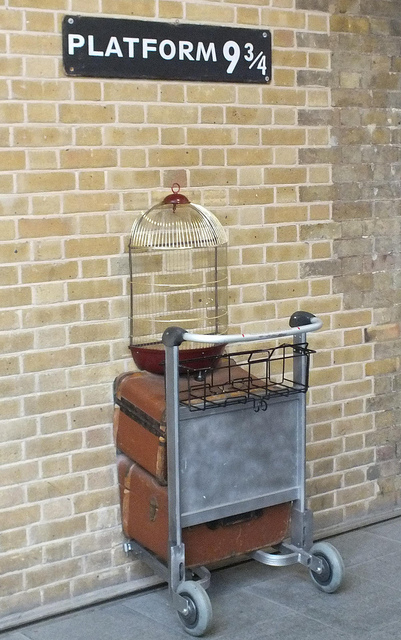
From Peter Pan to Harry Potter, Rudyard Kipling to Roald Dahl, children’s literature continues to enchant us with enduring magic. But only Wonderland: 100 Years of Children’s Literature gives you the opportunity to study your favourite childhood tales in the vibrant heart of modern-day London.
Together we will read and analyse a diverse variety of novels, plays, poetry, fairytales, fables, and nonsense rhymes, as well as comics, film, and fan fiction, from the naff to the nostalgic, the obscure to the absurd, and the safe to the scandalous.
Driven by lectures, seminars, and excursions students will engage in debates, craft their own short stories, discuss the historical, political, and moral infrastructures contouring the production of children’s literature and survey the landscape of this exciting and challenging canon through the optics of Marxism, psychoanalysis, gender theory, and critical race discourse.
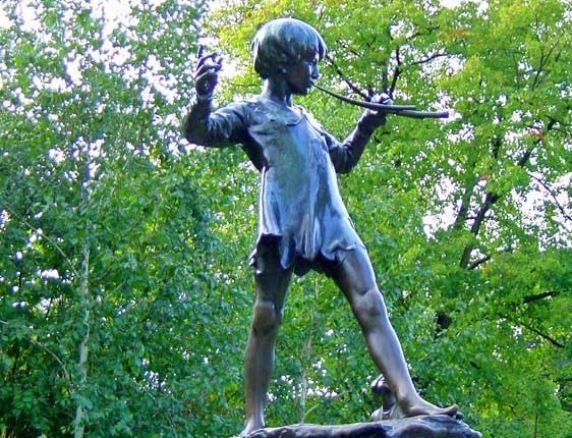
Moving beyond the classroom, we will visit some of the capital’s most spectacular museums, delve into the archives, enjoy a West End extravaganza, and roam the streets of London on the hunt for Harry Potter’s magical world.
So venture down the rabbit hole, board the Hogwarts Express, aim for the second star to the right and join us in London for King’s College Summer School 2015.
Nitwit! Blubber! Oddment! Tweak!
Dr Victoria Carroll
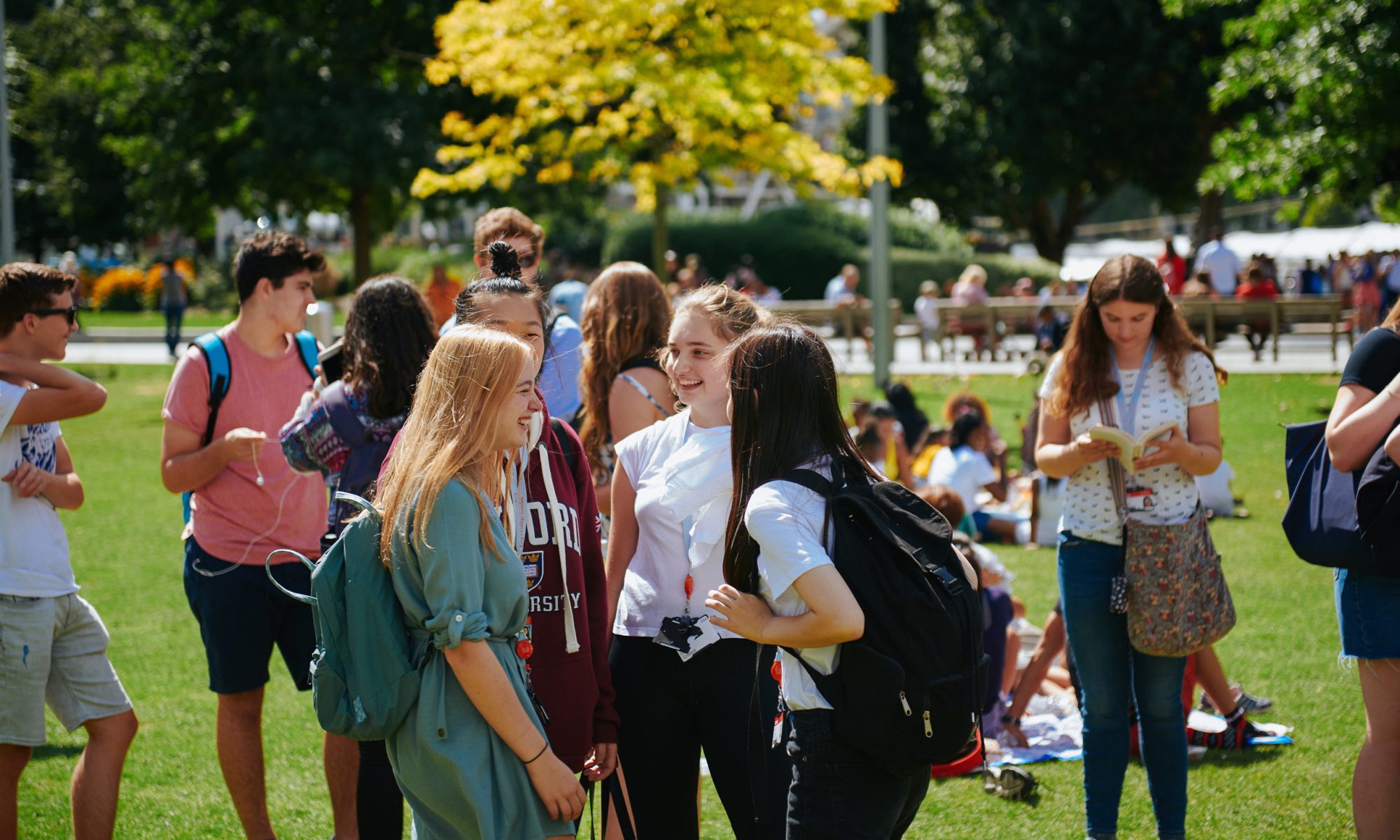
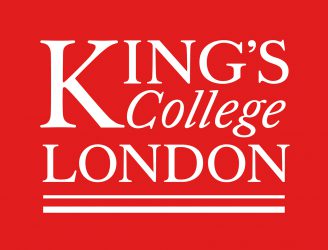
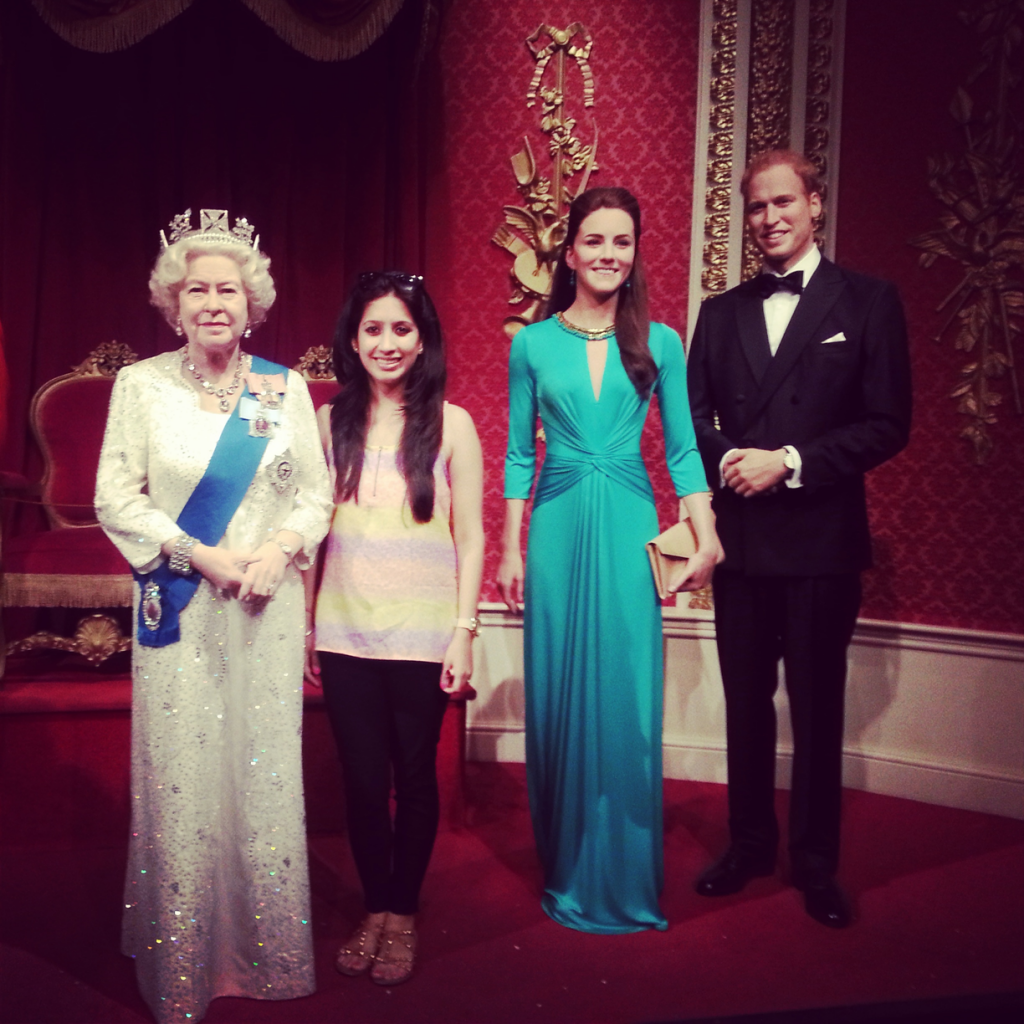
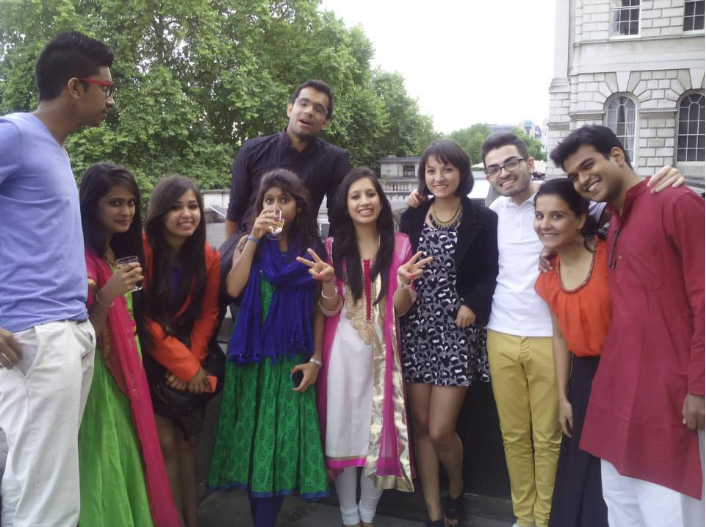
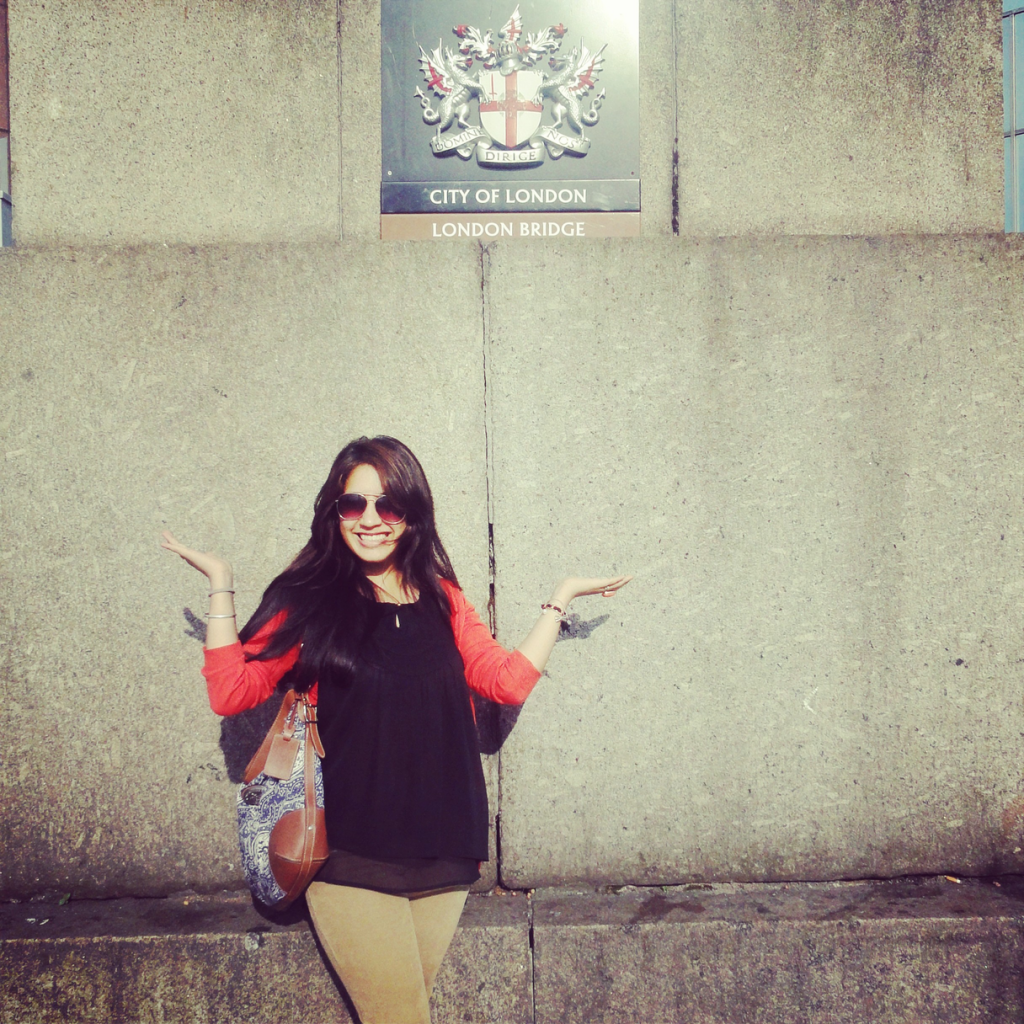
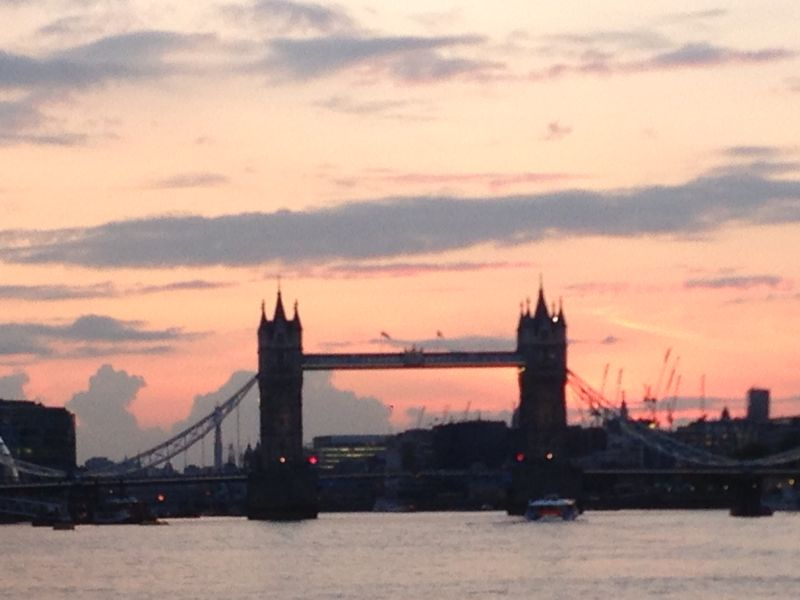



 We are lucky that our course will take place at the Strand Campus, a prime location in London. With this advantage, we have access to the Imperial War Museum, the British Library and the extensive historical archives in King’s College. Both myself and Giuditta are very excited to announce our collaboration with the Archives Centre at Kings: they are helping us to develop a workshop on revolutionary propaganda, including exclusive access to documents on the British Fascist movement and India’s transition to from colonial rule to national independence.
We are lucky that our course will take place at the Strand Campus, a prime location in London. With this advantage, we have access to the Imperial War Museum, the British Library and the extensive historical archives in King’s College. Both myself and Giuditta are very excited to announce our collaboration with the Archives Centre at Kings: they are helping us to develop a workshop on revolutionary propaganda, including exclusive access to documents on the British Fascist movement and India’s transition to from colonial rule to national independence.

